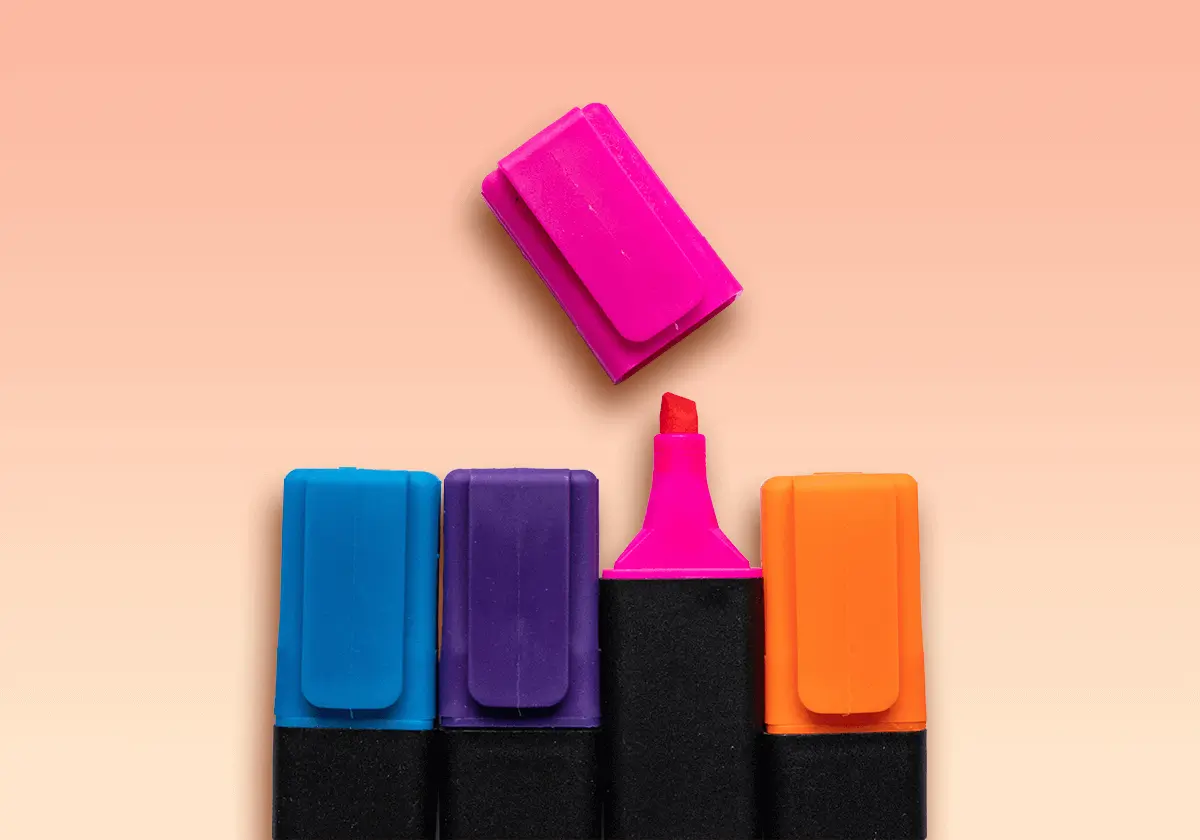Chances are, you probably have skills you’ve never even thought about. In fact, a large majority of job seekers cannot even name their transferable skills. Either that, or they don’t know how these skills can be applied in different fields.
Take writing, for instance. If you’re good at it, you can use it in almost every job imaginable.
Are you building brand awareness? Those writing skills sure come handy when creating social media posts.
Are you planning an event? You can probably write captivating event descriptions.
Are you making a sale? Your writing skills will prove essential when reaching out to people.
See? A single skill can be useful in a variety of jobs. And that’s why it’s called transferable!
What are transferable skills?
Transferable skills are skills, abilities, and talents that you've acquired through time via different experiences such as school, college, jobs, summer camps, volunteering, sports, hobbies, and so on.
They’re the skills and abilities that are, in a way, a side product of other knowledge or skill.
Here’s an example: If you’re a fresh graduate, presenting projects and essays in school was just something you had to do while learning more about your subject. In the end, the side product is that you’ve developed at least some presentational skills.
Another example: If you previously worked as a flight attendant, you probably have strong customer support skills (which is needed in many other jobs).
Why should you use them?
Having a broad set of transferable skills is especially useful to fresh graduates, people with little work experience or those who are about to radically change their career paths.
Transferable skills are great for several reasons:
- Everybody has them (even if they don’t know about it). College, university, or your previous job has taught you much more than you think.
- They translate well into specific job requirements. Transferrable skills can help you show that even though you don't have a specific skill yet, you should be able to learn it quickly.
- They also include soft skills and employers are finding these increasingly valuable in new hires.
Simply put, adding transferrable skills to your resume demonstrates that while you might not have applicable direct work experience, you do have skills that can be applied to certain roles.

How to identify your transferable skills?
Once you know what career you’d like to pursue, create a list of skills and requirements that are needed for that job position. Then match them with the skills you have. Simple!
Another approach is self-analysis. Grab a piece of paper and list all the skills that your school, project or current job requires day-to-day. Then see if they match specific jobs.
To get your mind working, take a look at this list of 10 best transferable skills. Have you mastered any of them?
Communication and Rhetorical Skills
These are the skills you can use in many different industries. If you often presented your work in college, have experience with public speaking or debating societies, go ahead and mention it on your resume.
Have you ever worked in a job that required customer interaction? Even better. Use your resume to elaborate on it and mention a specific example of how you used your communication skills or how it helped you improve the customer satisfaction rate.
Writing Skills
Are you good with words? Chances are you were good at writing essays in college, took writing classes at uni, started a blog, or contributed to your company's magazine.
Your advantage is that unlike with communication skills, you can always back your writing skills with evidence by submitting your writing samples or linking your resume to your blog or personal website.
Resourcefulness
Being resourceful is a great virtue. Actually, it's regarded as a sign of intelligence.
If you don’t get easily scared of the new, always think of creative ways to work things out, or adjust well to new situations, mention it.
Think of a particular task or circumstance where you demonstrated resourcefulness and successfully dealt with the issue.
Organizational Skills
Have you ever helped to organize college, community, society, or company events? Or have you demonstrated organizational skills in some other way in school, summer camp, company events?
Then you should definitely mention it if you’re applying for a job where organizational skills might come in handy (e.g. community manager, project manager, office manager, or event manager).
Briefly describe your duties and how you contributed to the smooth running of an event, or mention a number of events that you helped to organize.
Analytical Skills
Analytical skills are useful in many different industries. They’re valued in business, economic and financial sector, marketing, sales as well as in HR or teaching.
If you can easily solve a problem by splitting it into smaller parts, analyzing them, and arrive to a solution, then go ahead and include it in your resume.

Creativity
If you’ve ever done anything creative, say, any form of art — painting, creative writing or any crafts —take an advantage of it.
If you’re a creative person, chances are you can be creative in spheres other than art as well.
Numerical / Arithmetical Skills
Have you always been good at maths or have you ever demonstrated good number skills?
Whether at uni or any job, say, you’ve been responsible for the cash register or accounting or anything similar, you might translate it well into other fields, too.
Time Management Skills
Time management is a quality that is valued in every industry imaginable. Also, chances are you've already mastered the art of time management during your studies. How else would you be able to stay on top of your school work?
Not many people can effectively plan their time, be on time, make the most of their working hours, or prioritize tasks and systematically work on them.
If you can, definitely mention it in your resume!
Customer Service Skills
Working in restaurants, bars or cafés is what most students do to supplement their income. But how do you translate skills from your waiting job into something that can be used in your first job after college?
Being helpful, patient and polite when dealing with people are traits worth its weight in gold. These are all qualities you almost certainly had to demonstrate in your waiting job.
Besides mentioning these skills on your resume, you can also elaborate on them during the job interview. You can mention a complicated situation that you handled with ease or talk about a time you helped somebody in distress.
Decision-Making Skills
If you’ve ever had to make a decision for a larger group of people and it came out great, don’t forget to give yourself credit for that.
Decision-making skills are important because your boss wants to know whether you’re able to think for yourself, are prompt in deciding what’s the best course of action and whether they can rely on you in difficult situations.

How to highlight your transferable skills on your resume?
If you already have a list of relevant transferable skills for a specific job position, you can start tailoring your resume directly for it.
First of all, choose a correct resume format. If don’t have any work experience or if you’re seeking opportunities in another field, you should opt for functional or hybrid resume format. Both of them focus on your skills rather than your work experience.
After that, focus on using keywords and highlighting the skills. You can do that in your skills section but also throughout your whole resume — profile, work descriptions, education description, and so on.
How? Let’s get back to the example of a flight attendant seeking a customer support role. In the job description, you can add bullet points that say:
See how this description draws a strong parallel to what would be required in a customer support position?
And that’s how you market your transferable skills on your resume!
Gleaned insights on how to effectively showcase your transferable skills on a resume? Brilliant! Now, let's put that insight to work. Transform your LinkedIn profile into a robust resume that highlights your versatile skills.



